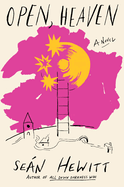CIBA, Indigo Ask Canadian Prime Minister to Exempt Books from Counter Tariffs
 Canadian Independent Booksellers Association executive director Laura Carter and Indigo founder and CEO Heather Reisman have asked Prime Minister Mark Carney to exclude books from the upcoming 25% counter tariffs that are due to take effect April 2 on a further $125 billion worth of goods imported into Canada from the U.S., Quill & Quire reported. The government intends to impose the levy if the U.S. does not remove tariffs that apply to Canadian goods.
Canadian Independent Booksellers Association executive director Laura Carter and Indigo founder and CEO Heather Reisman have asked Prime Minister Mark Carney to exclude books from the upcoming 25% counter tariffs that are due to take effect April 2 on a further $125 billion worth of goods imported into Canada from the U.S., Quill & Quire reported. The government intends to impose the levy if the U.S. does not remove tariffs that apply to Canadian goods.
In a joint letter dated March 20, CIBA and Indigo contended that not doing so would have "devastating consequences for Canadian readers, our businesses, and our cultural landscape.... Unlike interchangeable consumer goods we know that readers will not likely substitute a book arriving via the U.S. for a Canadian printed and warehoused book. At this time there is nowhere near the capacity in Canada to handle all of our printing and warehousing. This tariff threatens the survival of bookstores and the livelihoods of thousands of Canadians."
And per the Calgary Herald, the letter said that the majority of books sold in Canadian bookstores, including those by Canadian authors, "are published by multinational publishers whose Canadian divisions rely on U.S. printers and warehouses for distribution. This onerous tariff therefore would unfairly apply to books not only from U.S. authors but many Canadian and international authors."
Jack Illingworth, executive director of the Association of Canadian Publishers, told Q&Q: "We're worried about the viability of booksellers, the potential for U.S. retaliation (Canada can currently ship books to the U.S. tariff-free, but Congress can end that at any point), and the long-term impact of abandoning Canada's practice of keeping culture off the table in trade disputes. That last item could be a problem in any future review or renegotiation of the Canada-United States-Mexico Agreement, as it is the principle that safeguards our ability to fund and regulate cultural industries. In the longer term, Canadian printing capacity could become an issue if the multinationals move more of their production here."
He added that books facilitate the exchange of knowledge: "Books aren't a fungible product like drapes or cheese. Someone who wants a specific book wants only that book. While we'd love readers to explore the wealth of fantastic Canadian-published books that are in the market, it would be a mistake to limit the choices that are available in the marketplace. We're strongly opposed to a one-way tariff on books and have been advocating to government to that end."










 The third annual
The third annual 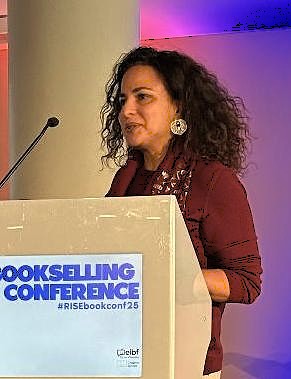

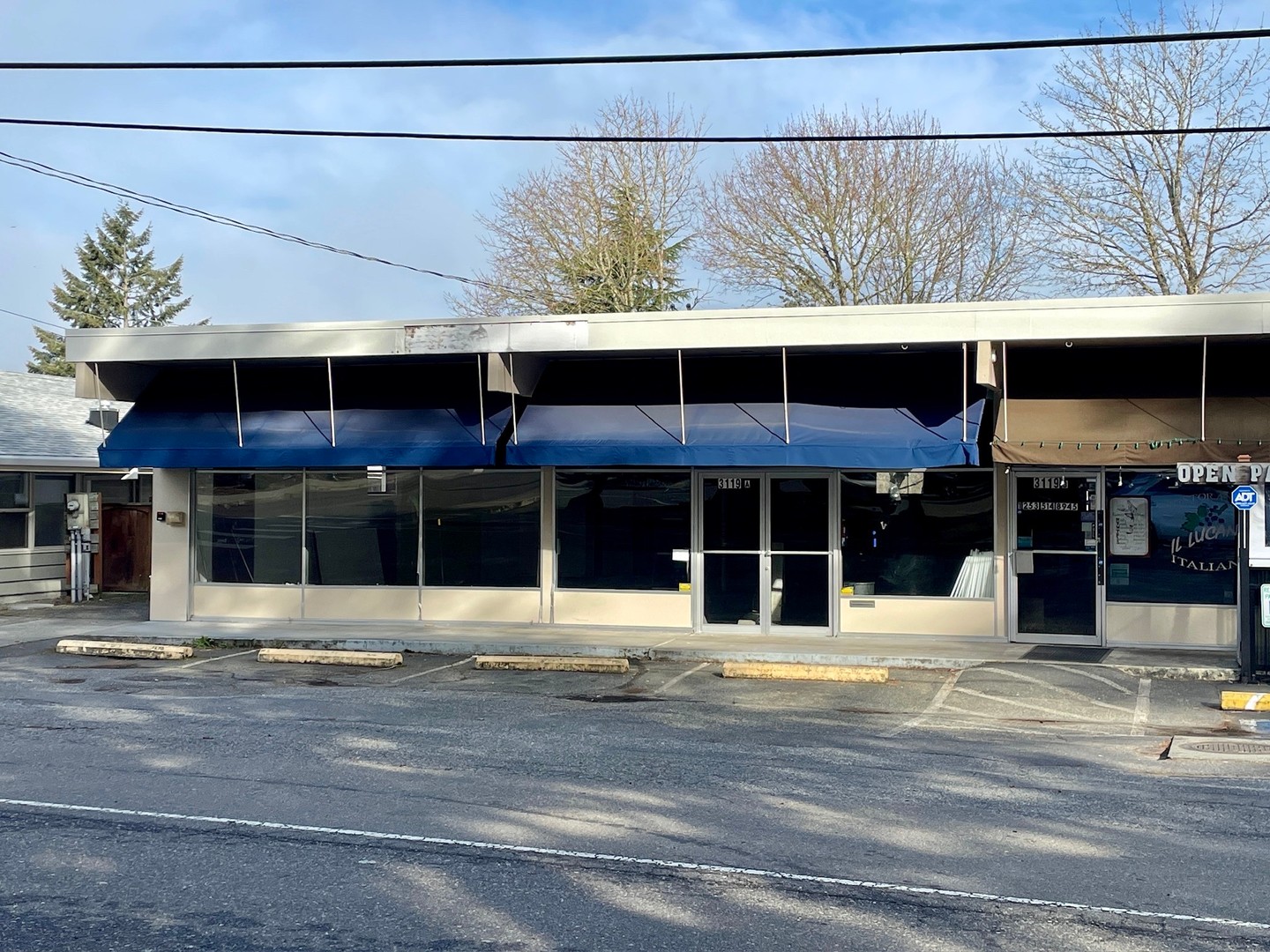

 Congratulations to
Congratulations to 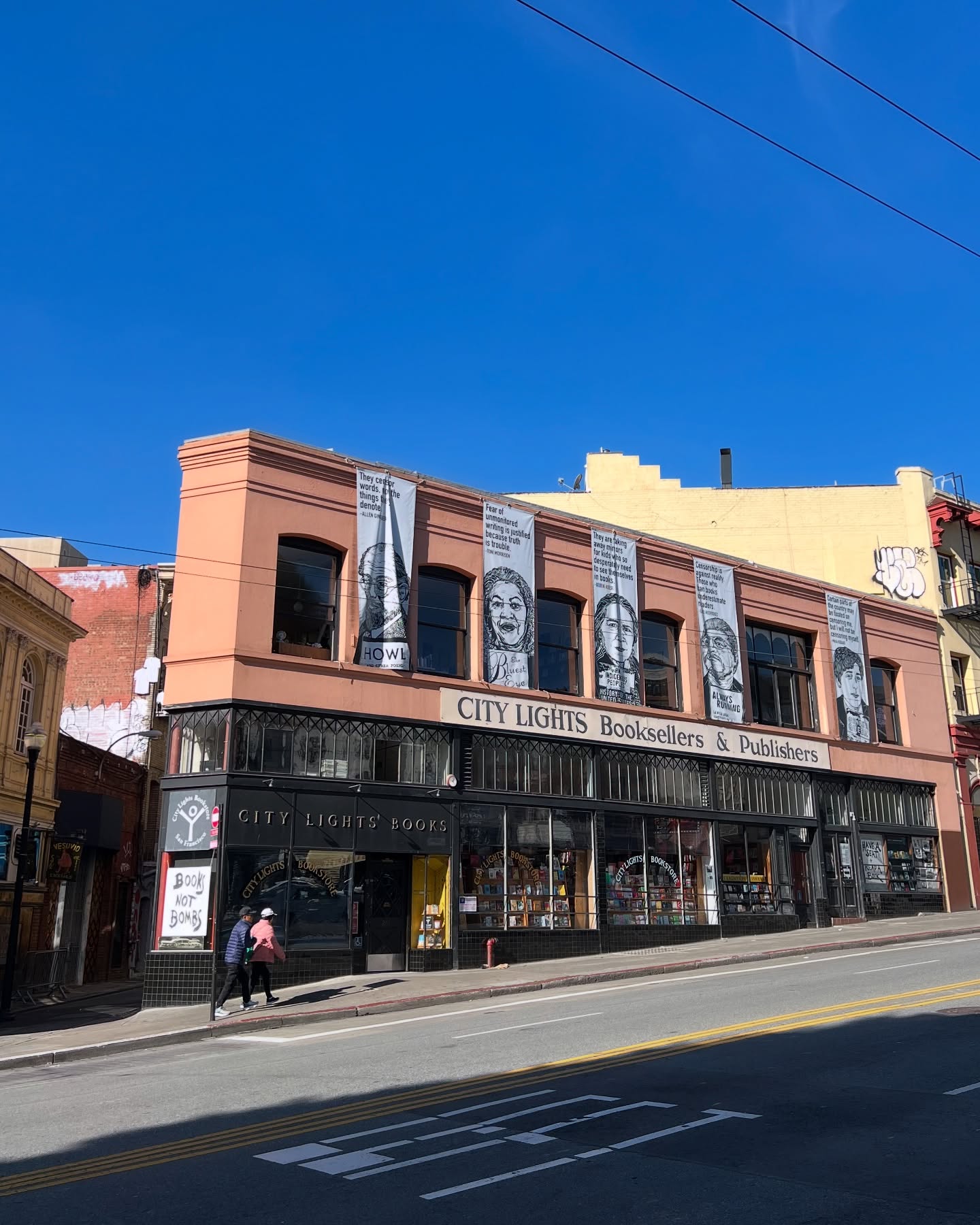 Posted on Instagram by
Posted on Instagram by 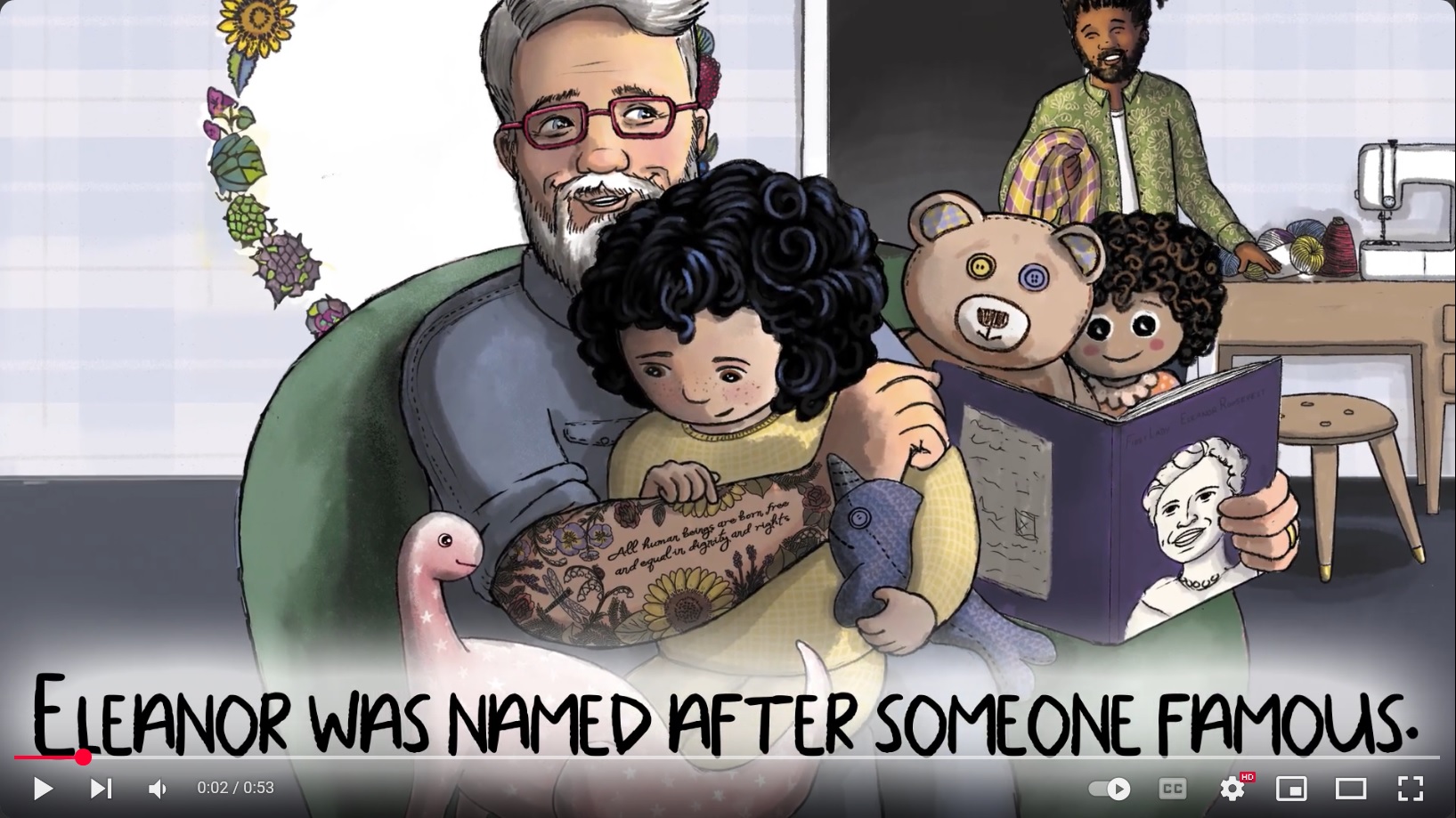 Like That Eleanor: The Amazing Power of Being an Ally
Like That Eleanor: The Amazing Power of Being an Ally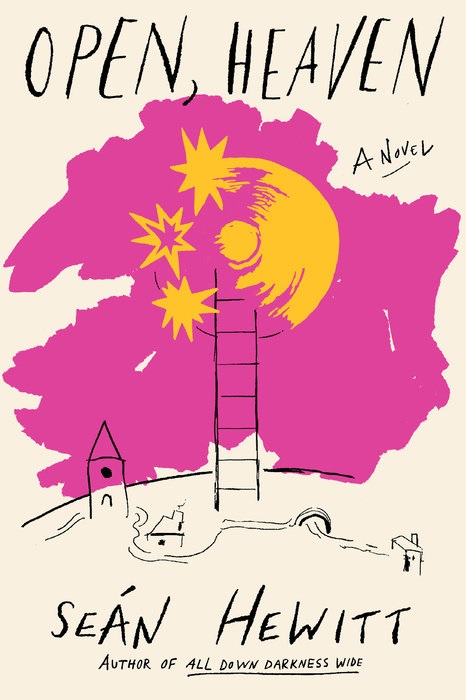 Seán Hewitt's tender first novel, Open, Heaven, is a queer coming-of-age story that questions the assumed evanescence of teenage infatuation.
Seán Hewitt's tender first novel, Open, Heaven, is a queer coming-of-age story that questions the assumed evanescence of teenage infatuation.